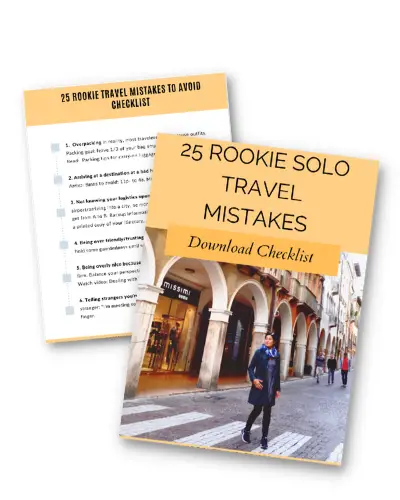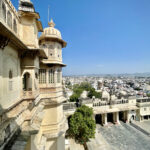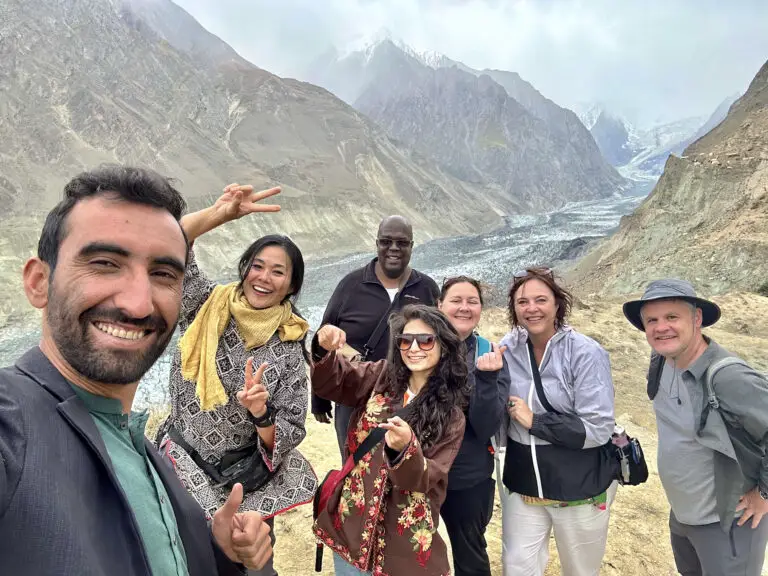Last Updated on August 26, 2017 by Christine Kaaloa
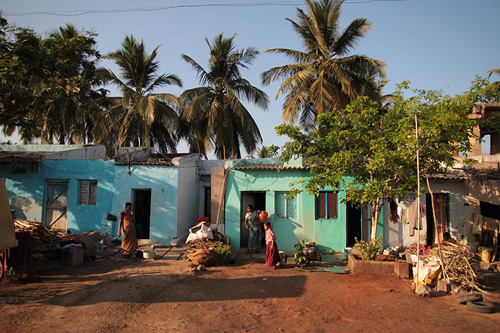
So you have travel insurance. Awesome.
Unfortunately, it doesn’t remove the fear and stress of dealing with injuries when you get into an accident in India or abroad.
In four hours I was leaving Hampi, but I still wanted to get out to see the Monkey Temple (photos here)! Walter, a lanky 20-something Los Angeleno I’d met on the bus ride over, joined me . I wanted to rent bicycles, but Walter advised the motorcycle would be the most efficient vehicle. The hook and incentive, being we’d split costs!
Had Walter driven a motorcycle before? Sure.
Was he experienced in packing someone on? Not quite.
Table of Contents: I Got into a Motorcycle Accident in India!
- 1 I got into my first motorbike accident and it was in India
- 2 When you’re bleeding and on the verge of a blackout, the knowledge that you’re alone in a foreign country makes you panic.
- 3 A reason why you should never go swimming when your injuries are healing…
- 4 How can you deal with accident when you’re in India:
- 5 What are some tips you’d recommend for getting into accidents when you’re in India or when you’re abroad?
I got into my first motorbike accident and it was in India
Within the first 15 seconds of being on the bike, we took a spill.
As the Indian bike rental folks ran to appraise the damages to the bike, we assessed our injuries. No broken bones. Just a stiff uppercut to my jaw, a scuffed knee and a nice bleeding elbow scrape. Walter got the worse end– a couple of deep gashes on his foot and a cut on his knee.
It was a scorcher of a day.
Hampi was hot and I was sweating buckets. Overcome by heat exhaustion and shock, I sat down on the steps of a roadside store. As Walter went to deal with the rental folks, my world began to spin…
I felt light-headed, nauseous, weighted with dizziness… my body wanted to collapse.
“Shit,” I thought. “Not here. Not now. Not in India
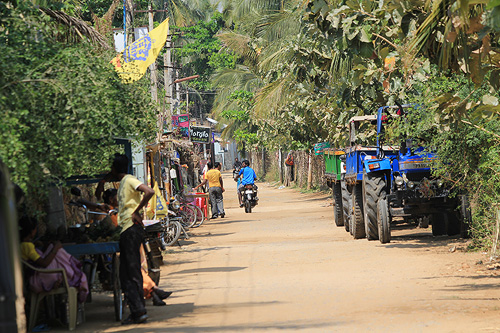
When you’re bleeding and on the verge of a blackout, the knowledge that you’re alone in a foreign country makes you panic.
Miles away from a hospital and amidst strangers, I knew I’d need to fend for my survival. My only backup plan if things got worse… was me!
Do not blackout here, I calmly commanded myself.
My body could surrender itself to exhaustion, but the important thing was to keep my mind sharp, focused, conscious.
My body tingled. My vision went from pixellated to pulsing and then blotchy.
I was going whoooo-zy.
I let my body collapse into my seat, but held focus on my breath to keep my mind awake and aware. I sat on the outdoor steps of a tourist agency shop for a good twenty minutes. Luckily, I made it back to my guesthouse with Walter, where some Israeli travelers came to our rescue, administering ointment, cleaning our wounds and offering us juice.
Thank God for human acts of kindness.
All the while, utter weakness and nausea rendered me immobile. In the safety of my guesthouse, I closed my eyes and allowed myself to “pass out”. I’d have to extend my stay in Hampi one more day. There was no way I would be traveling.
That night and for the next week, my injuries took vigilant monitoring. I cleaned my cuts, disinfected them with tea tree oil and bandaged them securely daily, until I noticed scabbing. Walter, on the other hand, wasn’t as lucky. His cuts were much deeper and on his foot. He had to stay to stay off his feet for a few days.
A reason why you should never go swimming when your injuries are healing…
I ran into Walter almost a week later in Gokarna. It was my last day there and I was ready to leave. My scrapes had scabbed over and I was much better.
Walter on the other hand, made one terrible mistake when he arrived to Gokarna. He went to swim at the beach. With his foot healing and wounds still open, he foot got infected from the polluted waters. It was his first day in Gokarna and he was already bedridden.
How can you deal with accident when you’re in India:
1. Remain calm.
Easier said than done, right? But the worst thing to do in this situation is panic. Panic only intensifies the burden on the body and mind by amplifying the stress and exhaustion of the situation. This in turn, impairs good judgment and healing.
So how do we calm ourselves?…
2. Sit down, focus on a point. Breathe.
The mind is a powerful entity.
Some avenues of meditation and yoga (even the Lamas technique for pregnant women), will echo this advice. Breath brings calm and if you can focus your mind to a point- outside the trauma and stress your body is experiencing– you can re-direct awareness towards clarity and the control to pull you back into balance to make sound decisions.
3. Don’t freak out
Notice I said “choose”. In every situation we meet, we always have a “choice” about how we’ll respond.
In emergency situations, the mind goes into hyper-speed. Rather than hyper-focusing on the problem, you may want to laser-direct it towards a solution.
| You might ask yourself, “What’s the next step… to getting out of this?… to recovery? …to safety?” |
I’ve been carrying my valuables on me in my day pack– my camera, lenses, laptop, passport, credit card. My entire world in this pack and if I lost it, I’d be without my identity. When I was hinging on a blackout, my mind’s raced into preventative action. I immediately secured my pack on me so that I couldn’t be separated from it. Secondly, I grounded myself through breath, pulled myself into consciousness and made it back to my guesthouse safely.
4. Hydrate
Keep hydrated, especially if you’re in a hot or humid climate. Buy water that comes from sealed bottles and know that juice carries electrolytes.
Another handy thing I’ve learned– some pharmacy shops in India carry Oral Rehydration Salt packets. Carry a pack in your bag if you’re trekking in the Indian heat and for the if-in-case you ever encounter Delhi Belly.
5. Keep your wounds clean. Check it regularly make sure it’s healing properly.
In the U.S., getting a cut is no big deal. You clean it, spread medicated ointment on it and slap a band-aid on it… it heals.
In a developing countries, injury and illness needs regular monitoring. Though there’s much beauty to Indian culture, it just ain’t a clean country as far as western standards go! One of India’s biggest problems is the failure to enforce or educate countrymen towards sanitary practices. People litter and men urinate in plain sight on the streets, trash gets thrown out the window of moving buses and trains and much of the time, you’re avoiding stepping on cow poo on the streets and sidewalks… even the regaled Ganges River is rumored to be a virtual sewer, despite the fact millions of Hindu devotees bathe and swim in it daily.
Try as you will to stay clean, by the end of the day, the dirt under your fingernails and on your clothes will make you feel like a migrant field worker; and between the heat, the humidity, mosquitoes, dirt and pollution, cow dung and urination practices,… disease and infection yields many avenues and opens the door to re-lapse.
 Think of walking barefoot to a Hindu temple? Cow dung is occasionally, the natural design of the road and sidewalks.
Think of walking barefoot to a Hindu temple? Cow dung is occasionally, the natural design of the road and sidewalks.
Fortunately, India has a wealth of pharmacies and Ayurvedic shops to help aid injury and illness common to locals and travelers. Thank you India! You can pick up anything from mosquito repellent, constipation relief, anti-diarrheal meds to band-aids and antiseptic; moreover, it’s cheaper than what you’ll buy at home.
6. Use good judgment and respect your body’s limitations.
• If you’re sick, you may want to extend your time in one place until recovery.
When I met up with Jeannie of Nomadic Chick in Goa, she’d had smartly planted herself in Goa for extra days to heal from staph infection . Recovering from illness in a stable environment is necessary and wise.
• If you’ve a cut, keep your wound secured from outside pollutants.
• Wait until your wounds are fully healed before swimming in a river or at the beach. Despite the common belief that ocean water will help you heal your wounds faster, there’s also a lot of bacteria in the ocean and India’s beaches and rivers aren’t always clean.
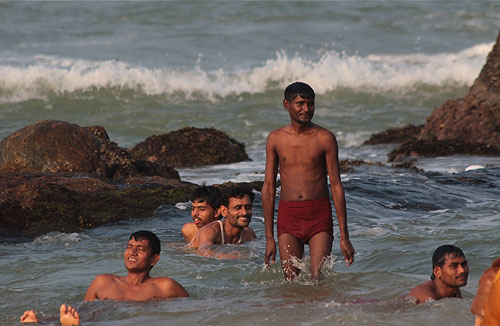
I ran into Walter days later in an internet café in Gokarna. He’d just come from the doctor– his foot was swollen with infection. The advice? Stay off of his feet until recovery.
Despite Walter’s best efforts to extend his days in Hampi to rest, the moment he hit Gokarna’s beaches (his foot seemed to be healing well), he took a dip in the ocean. Big mistake.
The water at that particular beach was badly polluted.
7. See a doctor ASAP.
For minor cuts, you may not feel the need to visit a doctor, but if your condition worsens– swells or pusses– you’ll definitely want to ask your hotel or guesthouse as to the nearest town doctor or hospital and get your tail there. Also, if you come down with some weird illness or physical ailment that you’ve never experienced before, it’s definitely time to get to the doctor.
Read Tips for Dealing with Getting Sick while Traveling
I had met Lili, a solo traveler from Germany, on the airplane; we eventually met up again in an ashram. One day she was fine and the next, she wasn’t. She felt ill and had broken out with an inexplicable rash all over her face and body. Was it an allergic reaction to an Ayurvedic oil massage she had gotten or was it the fact she swam in a nearby lake? It was something none of us had seen before. There was no alternative but go to the doctor.
What are some tips you’d recommend for getting into accidents when you’re in India or when you’re abroad?
Related articles
5 Travel Must-Haves for India
How to travel solo in India: Interview with Chiaki Nakashima
Lessons of a first-time Solo Traveler in India
Dealing with accidents and injury in India
Where to lay your head in budget India?



